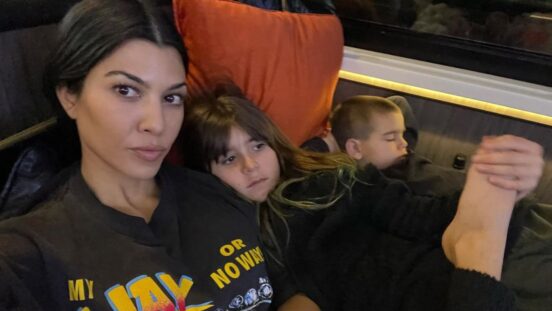What is your parenting style?
Helicopter, Tiger, Free Range - we've listed the most popular parenting styles and what they mean.
When it comes to parenting there is no right way or wrong way to bring up your child. Every family, child and parent is unique and will therefore adopt different approaches to parenting based on their own upbringing and their child’s nature among other factors. With that said, over the years ‘parenting styles’ have been created by psychologist, sociologist and family experts to either provide parenting guidelines based on theory, or to analyse particular methods of parenting.
From Helicopter parenting to Slow parenting, we've rounded up the most popular parenting styles and what they entail. Ready to find out what parenting style you fall under?
Helicopter parenting
Helicopter parents are often accused of 'over-parenting'. These particular parents hoover around their child, ready to swoop and save them from any kind of danger – great or small (for example, they are about to step on a rogue piece of Lego). If you're a Helicopter parent, you're probably making frequent calls to their teacher and are over-involved in their education.
WATCH 12 things you never thought you'd do as a parent. Article continues after video…
Tiger parenting
The term Tiger parenting came about after the publication of Amy Chua’s book Battle Hymn of the Tiger Mother. Tiger mums tend to raise their children to work hard so that they can achieve greatness later in life. Tiger parenting involves positive and negative aspects of parenting – such as intense strictness but also warmth and support.
Attachment parenting
Also known as ‘Natural parenting’ or ‘Instinctive parenting’, Attachment parenting is based in intuition and understanding a child’s emotional and physical needs and responding to these needs. According to Attachment Parenting Australia, some practices of this parenting style include breastfeeding for an extended period, carrying or 'wearing' your baby, and co-sleeping with your baby for the first few years.
Free range parenting
Free range parenting involves equipping your child with the skills to stay safe, and then backing off to let them learn and discover on their own. This approach is about giving your child freedom in the hopes they will learn independence and resilience.
Slow parenting
Slow parenting is a style a parenting that has come about as a reaction to parents over-scheduling their child's life and time, so the child is kept occupied at all times. Slow parenting is linked to mindfulness in that it encourages being present and in the moment. Also encouraged is family time, restricted technology use and few organised activities so that the child can use their own creativity when playing.




